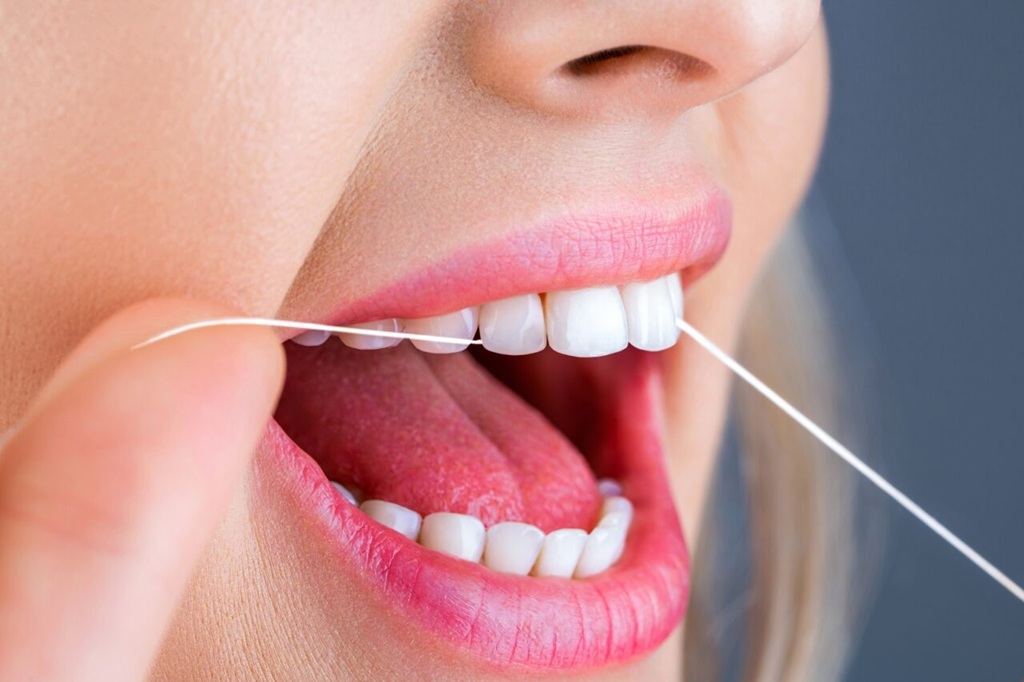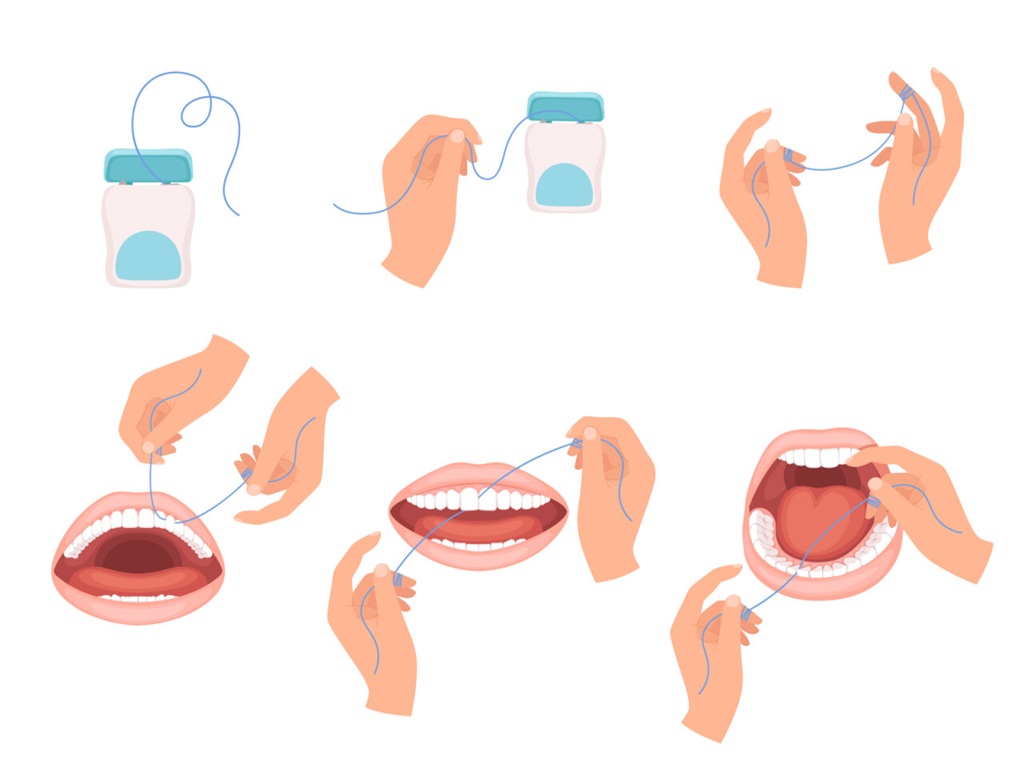Taking care of your oral hygiene is crucial for a healthy smile and overall health. It helps prevent a variety of dental issues, such as cavities, bad breath or gum disease. Simple habits like brushing teeth and flossing teeth can go a long way in keeping your mouth clean and healthy.
Whether you’re looking to know how to brush your teeth effectively or wondering how to floss your teeth correctly, this guide will help you master your oral care routine.
Good oral hygiene doesn’t just make your smile sparkle; it is also a critical part of your overall health. Poor oral hygiene can lead to various health issues, from gum disease to heart problems. Research suggests that gum disease and infections in the mouth may increase the risk of stroke, heart disease, and even diabetes. Moreover, poor oral hygiene is one of the main causes of tooth loss, affecting your ability to eat and speak comfortably.
Proper brushing teeth, flossing teeth, and routine dental visits are the cornerstones of a healthy mouth. Let’s break down the most important aspects of an effective oral hygiene routine.

When most people think about oral hygiene, brushing teeth is the first thing that comes to mind. It’s the most basic yet powerful step in removing plaque and food particles that can cause cavities and gum disease. But, are you sure you’re brushing your teeth the right way?
To achieve the best results, brushing your teeth should be done at least twice a day. Here’s how to do it the right way:
It’s important to brush your teeth at least twice a day, once in the morning and once before going to bed. Brushing after meals is also helpful, but you should wait a little while after eating acidic foods (like citrus or tomatoes) before brushing. This helps protect your enamel, which can be weakened by acids.

While brushing teeth is crucial, it’s not enough to clean every crevice in your mouth. That’s where flossing teeth comes in. Flossing is the only effective way to remove plaque and food particles stuck between your teeth and below the gum line.

If you’re not sure how to floss your teeth properly, follow these steps:
Ideally, you should floss your teeth at least once a day, usually before bedtime, to ensure that food particles and plaque are removed before they can cause problems.
The best oral hygiene routine goes beyond just brushing teeth and flossing teeth. It involves a combination of daily habits and periodic professional care to maintain optimal oral health.
By following these steps, you can establish the best oral hygiene routine that not only keeps your mouth clean but also promotes long-term dental health.
Improving oral health doesn’t just happen with brushing teeth and flossing teeth alone. There are additional steps you can take to ensure a healthier mouth:
While maintaining a proper oral hygiene routine at home is important, professional care from a dentist is essential for the long-term health of your teeth. Here’s when to seek professional help:
Mastering oral hygiene involves much more than just brushing teeth and flossing teeth. It’s a combination of good daily habits, healthy lifestyle choices, and professional dental care. The benefits of keeping your mouth healthy go beyond just a bright smile; they contribute to your overall health and well-being.
Start by adopting the best oral hygiene routine, and don’t forget to visit a dentist. If you are looking for a dentist in Bangalore or want to visit a dentistry hospital in Bangalore for professional advice and care, you can visit the nearest SPARSH Hospital.
With the right knowledge and habits, you can enjoy a lifetime of healthy, strong teeth!
Both brushing and flossing are essential for maintaining oral health, and they work best together. Brushing removes plaque and food particles from the surface of your teeth, while flossing cleans the spaces between teeth and along the gum-line where your toothbrush can’t reach. Skipping one can leave areas of your mouth vulnerable to decay and gum disease.
Daily brushing and flossing help prevent plaque build-up, cavities, and gum disease. They also keep your breath fresh and your teeth looking clean. Consistent oral hygiene reduces the risk of long-term issues like tooth decay, infections, or even tooth loss, saving you discomfort and costly dental treatments in the future.
If you only brush and skip flossing, plaque and food particles can accumulate between your teeth and near the gum-line. Over time, this build-up can lead to cavities in hard-to-reach areas, gum inflammation, and eventually, gum disease. Flossing is critical for cleaning the 35% of your tooth surfaces that a toothbrush can’t access.
It’s best to floss daily, as skipping it can allow plaque to harden into tartar, which can only be removed by a dentist. Occasional lapses won’t cause immediate harm, but consistent flossing is vital to maintain healthy gums and prevent dental issues over time. Flossing regularly makes it easier to keep your mouth clean and your smile healthy.
Categories: Dentistry
Oral Hygiene: Brushing, Flossing, and Beyond is available for appointments. Please fill the below form to book an appointment.
Unlock the door to exceptional healthcare, book an appointment with SPARSH Hospital and let your journey to wellness begin.